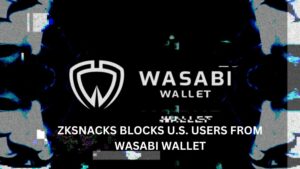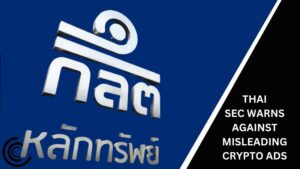Key takeaways:
- Telefónica has partnered with Web3 Oracle supplier Chainlink to strengthen defenses against SIM swaps.
- The integration enables access to operator networks through a framework of common network APIs and Chainlink data verification from various sources.
The biggest telecom company in Spain, Telefónica, has partnered with Web3 Oracle supplier Chainlink to strengthen defenses against SIM swaps, a common attack method hackers employ to access their targets.
Telefónica announced on February 15 that the two companies’ strategic partnership will “enable the secure connection” of smart contracts with other GSMA Open Gateway APIs. The integration enables access to operator networks through a framework of common network APIs and Chainlink data verification from various sources.
Through a SIM swap attack, hackers can get sensitive information, including credit card numbers, bank account details, and cryptocurrency balances, by taking control of the victim’s phone number. This popular and successful hacking technique has penetrated the US Securities and Exchange Commission (SEC) and other major organizations.
Telefónica claims that by enabling smart contracts to access the application programming interface (API) for data, the connection strengthens blockchain transaction security and provides an additional line of defense. This guarantees that “no unauthorized changes have been made” to a device’s SIM card.
Telefónica’s chief metaverse officer, Yaiza Rubio Viñuela, stated that this is the “first use case” of the GSMA Open Gateway SIM Swap API, positioning the business as a “Web3 enabler.” Also, she mentioned that this will allow them to collaborate with developers as the industry moves towards what she referred to as the “web of the future.”
Telefónica has already dabbled in the Web3 market. The Madrid-based business allowed Bitcoin, Ether, and other cryptocurrency payments on its online marketplace in 2022. This enables customers to purchase tech items using their cryptocurrency as payment. On September 29, 2022, Bit2Me, a cryptocurrency exchange, announced the integration on Telefónica Metaverse Day.
Recently, Telefónica and Nova Labs, the company that created the Helium Network, teamed up to employ blockchain technology to increase coverage and reduce infrastructure costs in Mexico. Telefónica said on January 24 that it will use mobile hotspots from Helium to increase coverage in Oaxaca and Mexico City.
In order to protect the integrity of decentralized networks, it is now essential to strengthen security measures due to the growing frequency of SIM swap attacks and other related security risks. The GSMA Open Gateway effort is essential because it provides a strong framework for improving security protocols and bolstering defenses against unwanted activity within the Web3 ecosystem.











